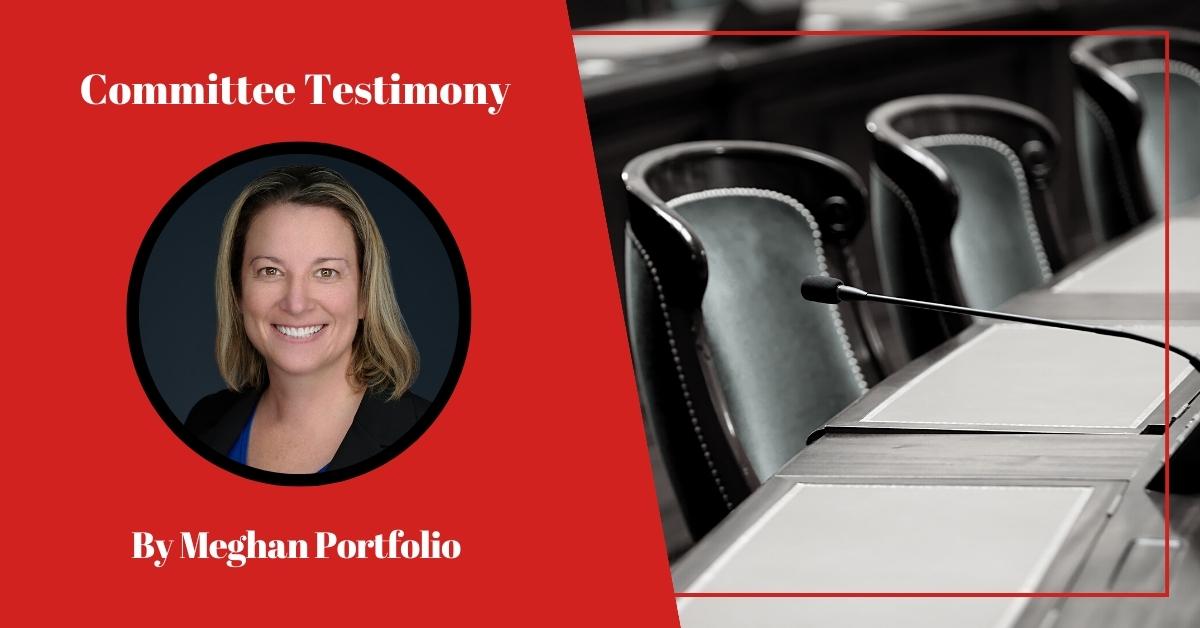February 28, 2023
Thank you for the opportunity to testify before the Labor Committee in opposition to H.J. 37, Resolution Proposing an Amendment to the State Constitution to Provide for an Environmental Rights Amendment. My name is Meghan Portfolio, and I am the Manager of Research and Analysis at Yankee Institute, a non-profit organization dedicated to expanding opportunity for all. I can be reached via email at [email protected]
Yankee Institute stands second to no one in its support for a clean and healthy climate for Connecticut’s people. The proposed resolution is unnecessary, however, because the state already has laws, regulations, and agencies to address environmental issues — and because the resolution may create a host of unwelcome and unanticipated unforeseen consequences.
The resolution creates an individual right to “clean and healthy air, water, soil and environment,” but without defining the terms “clean” or “healthy.” The individual right — coupled with the vagueness of the benefit it’s conferring — raises the specter of countless individuals using their new legal standing to institute legal proceedings against municipalities and the state against measures that could arguably impinge on their new environmental rights. The delays and the costs could be significant.
What’s more, the amendment has serious implications for the state’s “equity” agenda. It allows Connecticut residents to advocate against projects —including housing projects — on the grounds they infringe upon their rights to a clean environment and enables them to sue for environmental damages if a public entity fails to comply with emissions and other pollution standards. Under the terms of the amendment, it seems that “each person” conceivably impacted would have standing to bring such a lawsuit.
New York adopted a similar environmental amendment in 2021; lawsuits have already begun. In an effort to halt the construction of two housing projects, community groups insist their environmental rights will be violated. In another lawsuit over a landfill in upstate New York, filed against the state’s Department of Environmental Conservation, a court ruled not only that private citizens could bring “a Green Amendment case” based on alleged environmental rights violations, but also that the court could compel the State to address the alleged impacts.
The State is incontestably responsible for regulating emissions and enforcing state and federal standards. The vagueness of the terms of this resolution, however, effectively leaves interpretation up to the courts. Courts will likely look to precedents in other states to determine the amendment’s application.
To avoid costly litigation against public entities under this amendment, the State may be forced to cut back on laws and regulations in order to avoid costly lawsuits. In the alternative, it may find other important objectives stymied by creative and novel legal applications of the amendment.
It is important to ensure that Connecticut remains beautiful and environmentally friendly. But there are a variety of tools to achieve that objective without risking a host of expensive or unwelcome unintended consequences.
Thank you.

